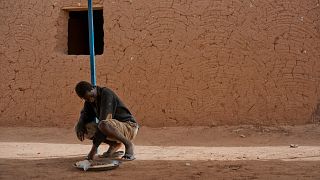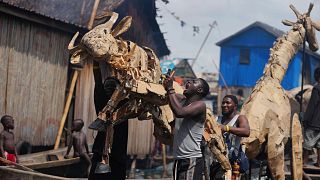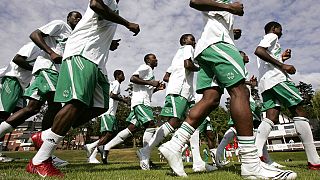Nigeria
Amnesty International has accused Nigerian police of using excessive force to suppress #Endbadgovernance protests.
In a report released Thursday, the group revealed that police killed at least 24 people between August 1 and 10 in six states: Borno, Kaduna, Kano, Katsina, Jigawa, and Niger.
The report, “Bloody August: Nigerian Government’s Violent Crackdown on #Endbadgovernance Protests,” details the deaths of 20 young people, two children, and an older person.
All victims were shot, many at close range in the head or torso, suggesting an intent to kill. Survivors suffered gunshot injuries or were harmed by tear gas.
“Security forces used live ammunition on peaceful protesters, showing a shocking disregard for human life,” said Isa Sanusi, Amnesty International Nigeria’s Director. “The true death toll may be higher due to government efforts to cover up the violence.”
Amnesty’s field research in Kano, Katsina, and Jigawa gathered videos, photographs, and witness testimonies. Witnesses said protests began peacefully on August 1 but turned violent after police fired live bullets and tear gas at demonstrators.
The group says this level of force violates international standards, including the UN guidelines for law enforcement.
Minors Face Prosecution
In November, Nigerian President Bola Tinubu ordered the release of 29 children facing the death penalty for alleged participation in the protests. The children, detained since August, were part of over 70 people charged with treason, property destruction, and mutiny.
They are expected to be freed under a court order by Tuesday, though activists continue to demand accountability for the crackdown.
Nigeria, with over 210 million people, faces soaring inflation, record unemployment, and widespread hunger. Protests erupted against these harsh conditions, but the government's response has made peaceful dissent increasingly dangerous.












Go to video
Funeral held in Kenya for TikTok content moderator
01:09
Yinka Shonibare explores identity and hybridity in new Madagascar exhibition
Go to video
Haitians demand protection from surging gang violence
Go to video
Zimbabwe charges dozens for taking part in protests against President
Go to video
Zimbabweans stay at home amid fears demonstrations could turn violent
Go to video
Lassa fever kills 118 in Nigeria since the start of the year